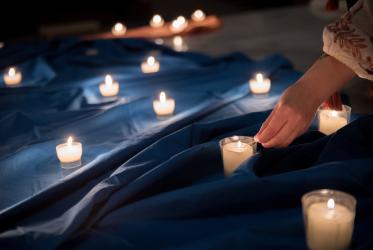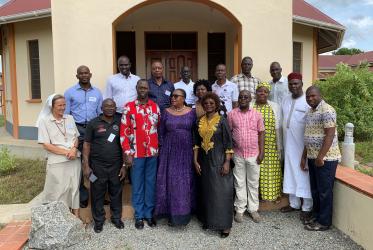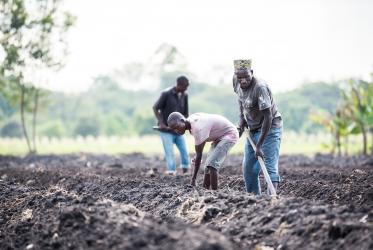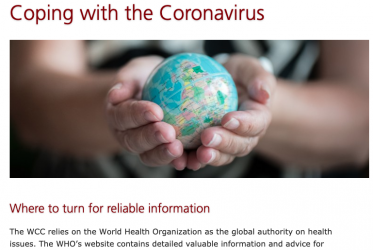Displaying 1 - 20 of 20
COVID-19 in conflict zones: “a crisis within another crisis”
27 November 2020
G7 must address famine
22 May 2017
Preventing incitement to violence which could lead to atrocity crimes in Africa
09 - 11 May 2016
Addis Ababa, Ethiopia
Pilgrimage of justice and peace gives vision for WCC programmes
22 November 2014











